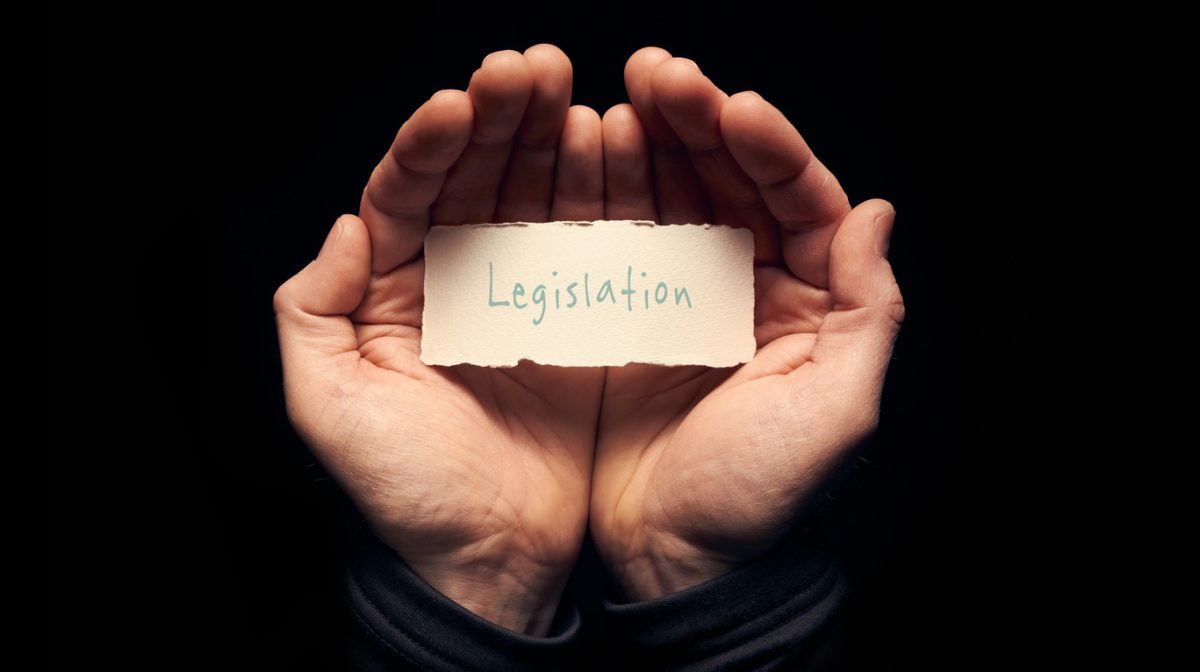Blockchain has become a household name and a pop-culture staple. And yet, for many, it’s still a mystery.
In its simplest form, blockchain is a digital ledger. It keeps track of transactions and creates a permanent record of digital activity, leaving no dispute as to who owns something or to whom ownership has been transferred in the past. But blockchain isn’t the item, but it is an essential part of the package because it acts as a certificate of authenticity. Are you understanding blockchain yet? Stick with us.
Blockchain is in its relative infancy, but it’s risen to prominence in popular culture because of its association with cryptocurrency and NFTs. In these technologies, blockchain is the system through which ownership history is documented. But blockchain has applications beyond crypto and nifties. Blockchain can be used to document the history and ownership of any digital asset, including applications that don’t currently exist. For example, if the nature of digital music distribution changes in the future, blockchain might have a role to play.
While blockchain is often spoken about in rosy terms in the media, the reality is less clear. The ability to document digital assets is necessary, especially as the world becomes more digital than ever, but convenience comes at a cost. Free isn’t free, after all. It’s undeniable that blockchain is a major drain on energy, largely because of the massive power consumption of bitcoin and other cryptocurrencies. Additionally, blockchain possesses a significant privacy risk. Though it’s clear that nothing on the Internet is ever truly private, unalterable ledgers like blockchain make it impossible to erase mistakes or regrettable purchases. The applications for this level of tracking may spill over into areas of online record keeping beyond blockchain.
Another concern with blockchain is its security. Despite the reputation of blockchain records being unalterable, the popularity of blockchain makes it a popular target for hackers. This is done through conventional hacking techniques such as phishing, but also through threats that are less well-known. Routing attacks involve intercepting data in real-time. In this scenario, hackers intercept data as it’s being transferred, giving them access to private data without the blockchain knowing it’s been hacked. In another type of attack, a group that is able to obtain more than 50% of a blockchain’s mining power essentially takes control of that blockchain, giving that group the ability to manipulate the ledger as it sees fit.
In spite of the valid concerns that are associated with blockchain, the popularity of digital assets like NFTs and cryptocurrency means that blockchain is here to stay. Understanding blockchain, therefore, is a wise move. Those who invest in digital assets, including those who aren’t generally associated with blockchain, need to understand the security issues, permanence and energy usage associated with blockchain. Parents should also consider how blockchain’s record keeping could negatively impact family members. Blockchain aims to be a positive part of the Internet by bringing order and reliability to digital transactions, but it does come with some strings attached.




